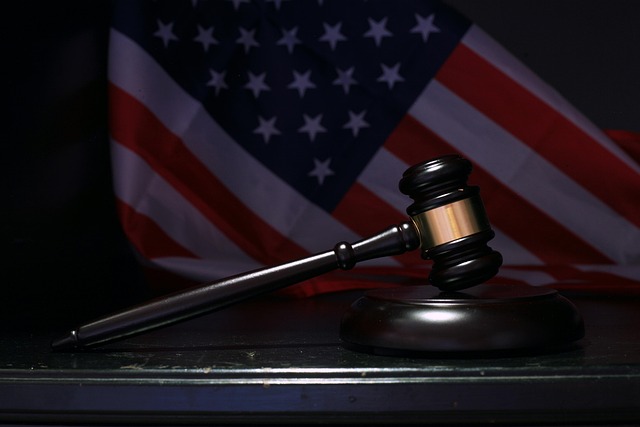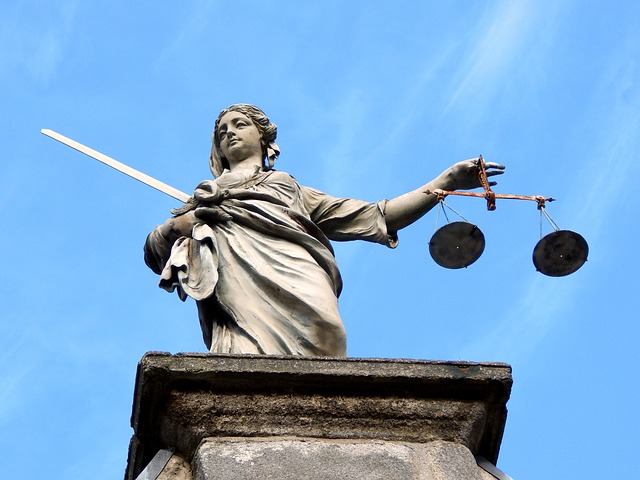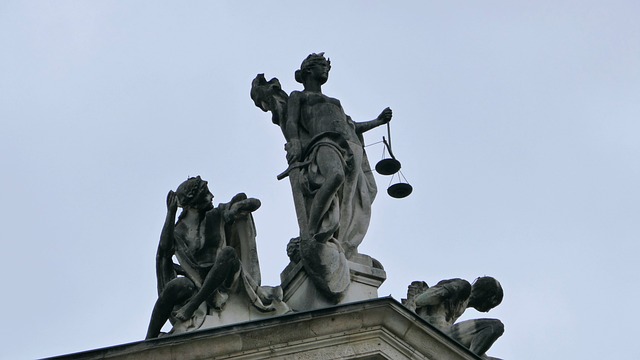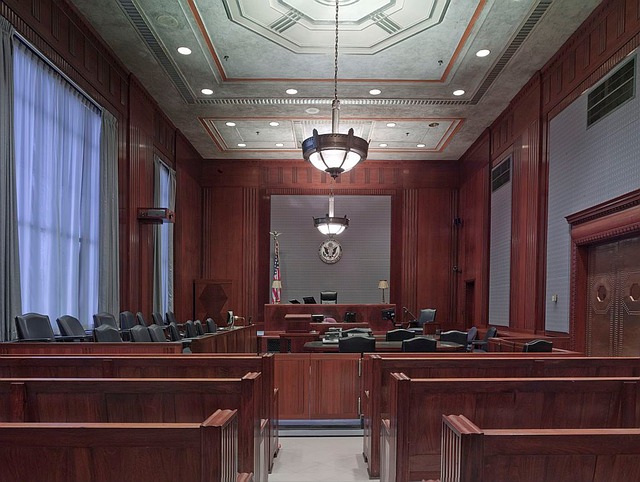Criminal Law Enforcement is a critical system that safeguards citizen rights while bringing wrongdoers to justice, addressing offenses from misdemeanors to felonies for fair outcomes. A robust criminal defense strategy empowers individuals to challenge evidence. Notable defamation case outcomes and settlements significantly influence public discourse, with high-profile cases attracting media attention and impacting broader communities. In recent years, these outcomes have reshaped criminal law, particularly in the media sector, with landmark cases redefining public figure status and holding media accountable for unprecedented successes in defamation lawsuits, intensifying scrutiny on journalistic integrity. Legal professionals must navigate these new norms while balancing justice and democratic discourse.
Criminal law enforcement is a cornerstone of any just society, ensuring public safety and holding offenders accountable. This article delves into the intricate world of criminal legal practices, focusing on two key aspects: understanding the fundamentals of criminal law enforcement and exploring defamation case outcomes and settlements. By analyzing real-world scenarios, we gain insights that inform future implications, highlighting the constant evolution of this critical field.
- Understanding Criminal Law Enforcement: A Foundation for Justice
- The Impact of Defamation Cases: Exploring Case Outcomes and Settlements
- Key Takeaways and Future Implications in Criminal Law Practice
Understanding Criminal Law Enforcement: A Foundation for Justice

Criminal Law Enforcement serves as a cornerstone of societal justice, meticulously crafted to maintain order and deter crimes. At its heart, it’s about understanding the intricate balance between protecting citizens’ rights and ensuring accountability for transgressions. This complex system navigates through diverse scenarios, from minor misdemeanors to grave felonies, aiming to deliver fair and just outcomes. A robust general criminal defense strategy is pivotal, enabling accused individuals to assert their rights and challenge evidence in court.
The ultimate goal is to achieve extraordinary results, such as acquittals or favorable settlements, including substantial defamation case outcomes and resolutions. An unprecedented track record of success in these matters underscores the proficiency of seasoned legal professionals who advocate for their clients’ interests. This meticulous approach guarantees that justice isn’t merely sought but also served, fostering a secure and equitable society.
The Impact of Defamation Cases: Exploring Case Outcomes and Settlements

Defamation case outcomes and settlements play a pivotal role in shaping public discourse and understanding of legal consequences. These cases often involve high-profile individuals or entities, drawing significant media attention. The impact extends beyond the immediate parties involved, influencing the broader philanthropic and political communities. By examining past settlements and verdicts, a clearer picture emerges of how courts handle such sensitive matters.
The outcomes can vary widely, from substantial monetary damages awarded to plaintiffs to complete dismissal of claims. Settlements often involve confidential agreements, making it challenging to ascertain exact figures. However, notable cases have resulted in substantial payments for those defamed, sending a strong message about the severity of defamation. Avoiding indictment through strategic legal maneuvers has also been a strategy for defendants, underscoring the complex nature of these cases and their far-reaching implications on public perception.
Key Takeaways and Future Implications in Criminal Law Practice

In recent years, the criminal law landscape has been significantly shaped by landmark cases that have set precedents for future legal practices. One notable area of focus is the evolution of defamation laws, with case outcomes and settlements playing a pivotal role in redefining public figure status and the responsibility of media outlets. These decisions have far-reaching implications, not just for the legal profession but also for the broader philanthropic and political communities.
The impact of these changes is evident across the country, where an unprecedented track record of successful defamation lawsuits has led to increased scrutiny of journalistic integrity and accountability. This shift in criminal law enforcement underscores the growing importance of responsible reporting and the potential consequences of false or malicious publications. As legal professionals navigate these new norms, they must adapt their strategies, ensuring that justice is served while maintaining a healthy democratic discourse.
In conclusion, understanding criminal law enforcement is paramount for fostering justice. The exploration of defamation case outcomes and settlements further underscores the complex interplay between legal procedures and societal impact. Key takeaways from this discussion point towards a need for continued evolution in criminal law practice, with a focus on fair judgments and restorative resolutions. By examining past cases, legal professionals can navigate future challenges more effectively, ultimately enhancing the integrity of the justice system.






